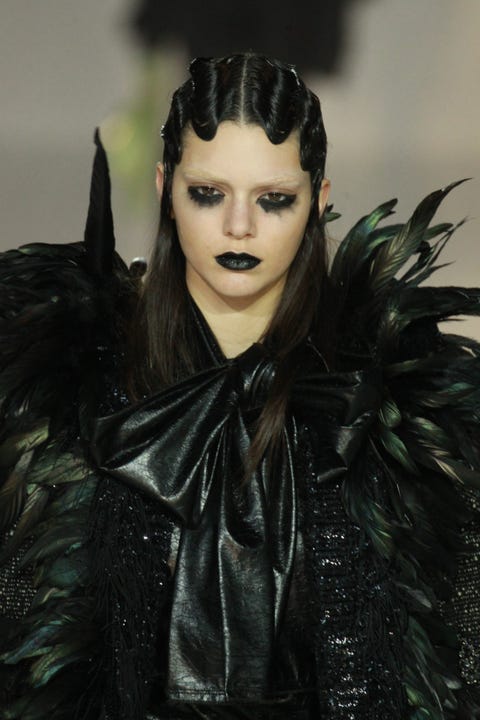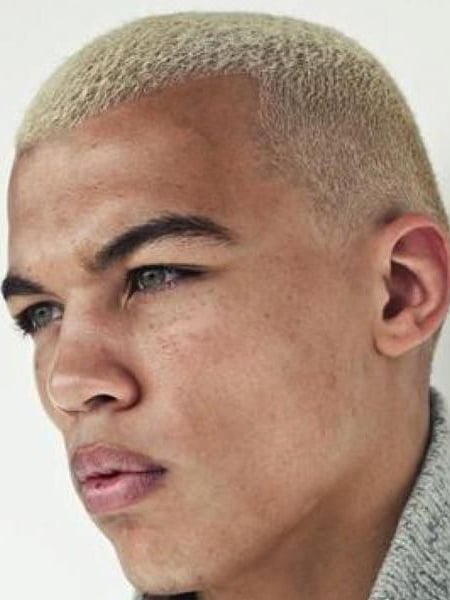Why do celebrities feel the need to alter their natural skin tone? A deep-rooted societal pressure and media influence have driven many public figures to embrace skin bleaching as a means of achieving perceived beauty standards. This practice, while prevalent in certain cultures, raises significant questions about self-acceptance, health risks, and the impact of celebrity culture on global perceptions of beauty. The journey from embracing one's natural skin tone to seeking artificial lightening is complex, involving psychological, social, and sometimes medical factors.
The phenomenon of skin bleaching among celebrities has become a topic of intense debate worldwide. In countries like Nigeria, South Africa, and the Philippines, the desire for lighter skin is often linked to historical colonial influences and modern media portrayals. Celebrities, who are seen as role models, frequently come under scrutiny for their choices regarding skin appearance. For instance, Nollywood stars in Nigeria and K-drama actors in South Korea have been accused of promoting unrealistic beauty ideals through their use of skin-lightening products. Similarly, Filipino media has long been criticized for its overrepresentation of fair-skinned individuals, perpetuating colorism within the industry. Despite growing awareness about the dangers of skin bleaching, the practice continues to thrive due to persistent societal biases.
| Bio Data & Personal Information | Details |
|---|---|
| Name | Jen Laforteza |
| Place of Origin | Philippines |
| Profession | Journalist, Cultural Critic |
| Career Highlights | Analyzed the impact of colorism in Filipino media; authored essays on post-colonial beauty standards. |
| Professional Affiliations | Contributor to international publications focusing on race and identity. |
| Reference Link | Learn More About Jen Laforteza |
Colorism, the preference for lighter skin tones, has deep historical roots that continue to affect societies today. In the Philippines, where colonial rule left lasting impressions on cultural norms, the association between fair skin and higher social status persists. Media plays a crucial role in reinforcing these stereotypes by consistently casting light-skinned actors and actresses in leading roles. Consequently, young Filipinos grow up idolizing such figures, internalizing the belief that fair skin equates to success and attractiveness. This mindset extends beyond entertainment into everyday life, influencing everything from dating preferences to career opportunities.
South Africa presents another compelling case study in the dynamics of skin bleaching. Historically marginalized during apartheid, many Black South Africans now find themselves caught between reclaiming their heritage and conforming to Eurocentric beauty standards propagated by Western media. High-profile cases involving local celebrities highlight the dilemma faced by individuals who choose to bleach their skin despite knowing the potential health risks. Chemicals used in these treatments can lead to severe side effects, including permanent scarring, increased sensitivity to sunlight, and even cancer. Yet, the allure of fitting into mainstream definitions of beauty remains strong enough to outweigh concerns about personal safety.
In Nigeria, the popularity of skin-lightening creams among both men and women reflects broader issues related to economic disparity and access to education. Women from lower-income households may view lighter skin as a shortcut to upward mobility, believing it will improve their chances of securing better jobs or attracting wealthier partners. Meanwhile, male users often cite confidence boosts as reasons for adopting similar practices. However, this trend also underscores systemic inequalities, as those unable to afford premium skincare products resort to cheaper alternatives laden with harmful ingredients. Public health campaigns aimed at educating consumers about safe cosmetic usage face challenges in reaching rural areas where misinformation spreads unchecked.
Media coverage of celebrity skin bleaching incidents tends to focus heavily on individual stories rather than addressing underlying structural causes. For example, when prominent Nigerian actress Genevieve Nnaji spoke out against negative body image pressures faced by women in her industry, her comments sparked widespread discussion but failed to translate into tangible policy changes. Similarly, South African singer Kelly Khumalo's admission of using skin-lightening products drew attention to the issue yet did little to dismantle entrenched prejudices favoring lighter complexions. These instances demonstrate how difficult it is to challenge deeply ingrained societal attitudes without concerted efforts across multiple levels—from grassroots activism to legislative reform.
Efforts to combat colorism and promote diverse representations of beauty are gaining momentum globally. Organizations such as Dark is Beautiful in India and Natural Black Queens in Kenya advocate for acceptance of all skin tones while challenging discriminatory practices within industries. Social media platforms provide powerful tools for amplifying voices calling for change, enabling activists to reach wider audiences than ever before. Nevertheless, progress remains slow, hindered by resistance from stakeholders invested in maintaining existing hierarchies based on physical appearance.
Ultimately, the decision to bleach one’s skin belongs to each individual alone. However, understanding the forces driving this choice requires examining not only personal motivations but also larger sociocultural contexts shaping our collective understanding of beauty. By fostering open dialogues around these topics and supporting initiatives aimed at creating inclusive environments free from bias, we can work toward dismantling harmful stereotypes and celebrating authentic expressions of identity.
As discussions surrounding skin bleaching evolve, so too must our approaches to tackling associated challenges. Education remains key—teaching children early about self-worth independent of external validation helps build resilience against harmful societal messages. Encouraging diversity in media representation ensures future generations see themselves reflected positively across various spectrums of human experience. Finally, holding corporations accountable for responsible marketing practices protects vulnerable populations from exploitation through deceptive advertising tactics.
While much work lies ahead, recognizing the complexity behind decisions to bleach one's skin represents an important step forward. It acknowledges the interplay between individual agency and societal constraints while emphasizing the importance of empathy and understanding in navigating this sensitive terrain. Only through sustained commitment to equity and justice can we hope to create a world where everyone feels valued regardless of their skin tone.
For further reading on this subject, consider exploring academic journals dedicated to critical studies of race and gender. Additionally, engaging directly with communities affected by colorism provides invaluable insights into lived experiences shaping ongoing discourse. Together, these resources offer comprehensive perspectives necessary for meaningful engagement with this pressing social issue.



